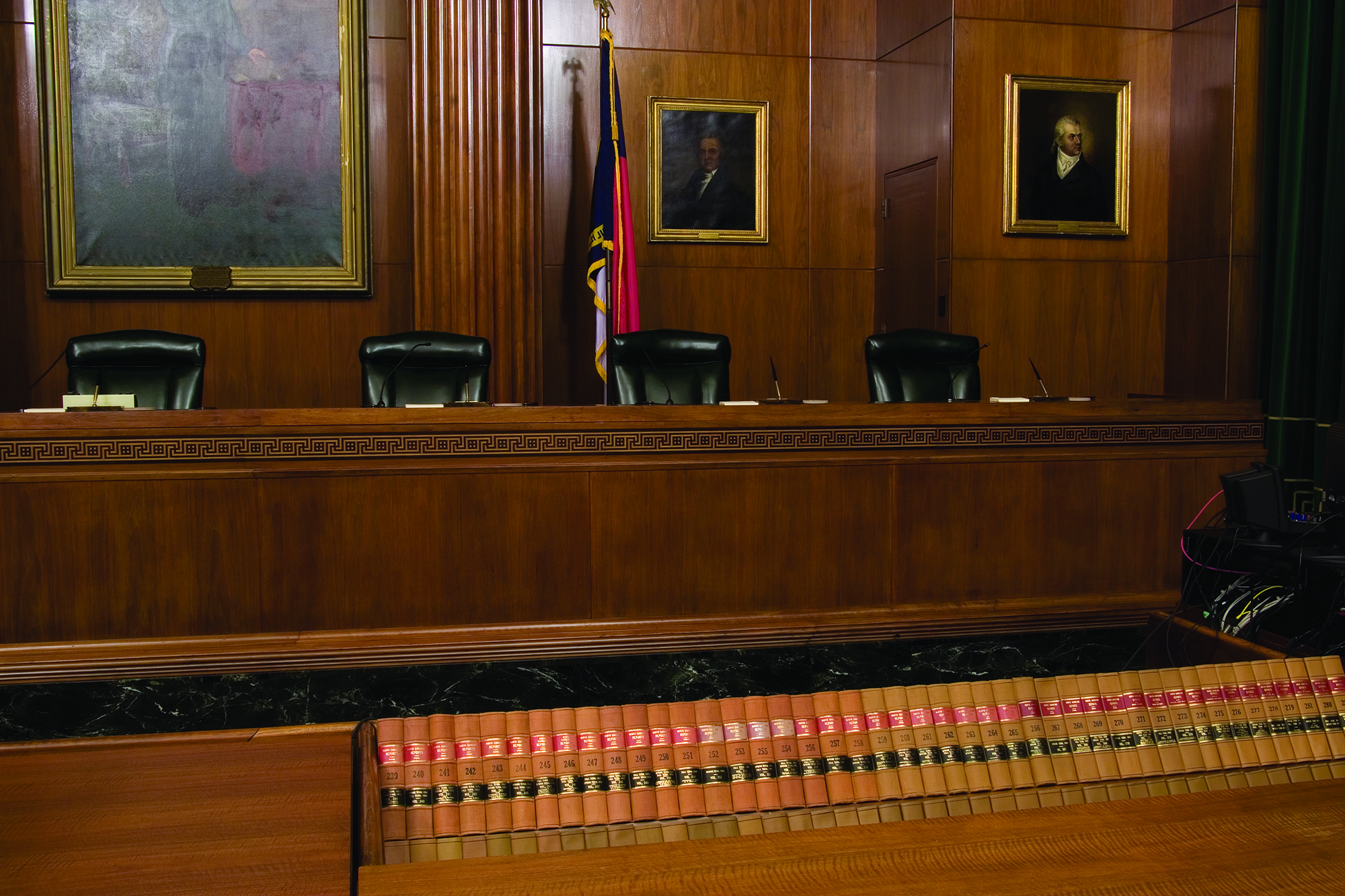NC Appellate Rules Update Available Online

Did you know the North Carolina Rules of Appellate Procedure have been updated?
The update, which was approved by the Supreme Court in November 2020, makes important changes to the rules governing the preparation, production and delivery of appellate transcripts, among other things.
The update also makes changes to the Timetable of Appeals from Trial Division and Administrative Tribunals Under Articles II and IV of the Rules of Appellate Procedure.
The new rules are effective for cases that are appealed on or after January 1, 2021.
Click here for the updated codification of the NC Rules of Appellate Procedure.
Click here for the red-lined amendments.
Go to the North Carolina Rules of Appellate Procedure webpage for an archive of codifications that have been superseded, in addition to the latest news, information, press releases and speeches regarding the NC court system.
If you have questions about the Supreme Court’s rules, contact the Supreme Court’s Office of Administrative Counsel at rules@sc.nccourts.org.
Stay on top of the latest court news by being insured with Lawyers Mutual. Our email newsletter “Practice Reimagined” offers timely tips, pointers and valuable links to help you navigate the new normal.
Rule of Professional Conduct 1.1 Competence
A lawyer shall not handle a legal matter that the lawyer knows or should know he or she is not competent to handle without associating with a lawyer who is competent to handle the matter. Competent representation requires the legal knowledge, skill, thoroughness, and preparation reasonably necessary for the representation.
Comment [1] Legal Knowledge and Skill. In determining whether a lawyer employs the requisite knowledge and skill in a particular matter, relevant factors include the relative complexity and specialized nature of the matter, the lawyer’s general experience, the lawyer’s training and experience in the field in question, the preparation and study the lawyer is able to give the matter, and whether it is feasible to refer the matter to, or associate or consult with, a lawyer of established competence in the field in question. In many instances, the required proficiency is that of a general practitioner. Expertise in a particular field of law may be required in some circumstances.
Comment [8] Maintaining Competence. To maintain the requisite knowledge and skill, a lawyer should keep abreast of changes in the law and its practice, including the benefits and risks associated with the technology relevant to the lawyer’s practice, engage in continuing study and education, and comply with all continuing legal education requirements to which the lawyer is subject.
Jay Reeves is author of The Most Powerful Attorney in the World. He practiced law in North Carolina and South Carolina. Now he writes and speaks at CLEs, keynotes and in-firm presentations on lawyer professionalism and well-being. He runs Your Law Life LLC, which offers confidential, one-on-one consultations to sharpen your firm’s mission and design an excellent Law Life. Contact jay@yourlawlife.com or 919-619-2441.




